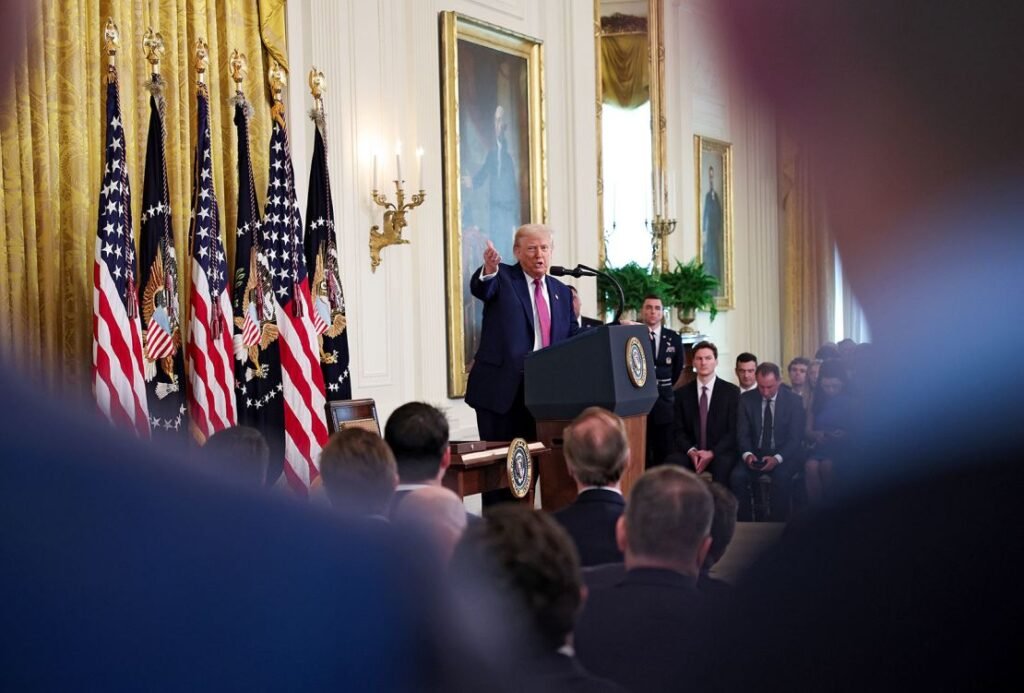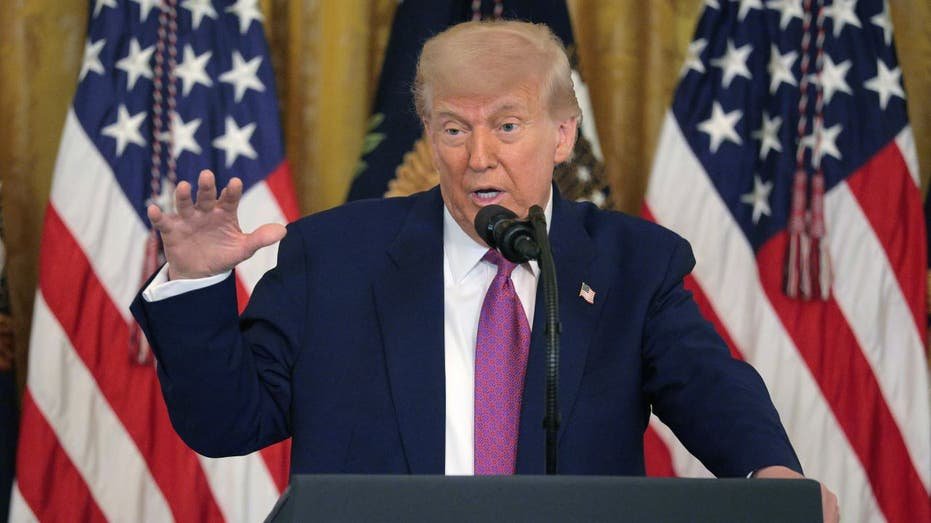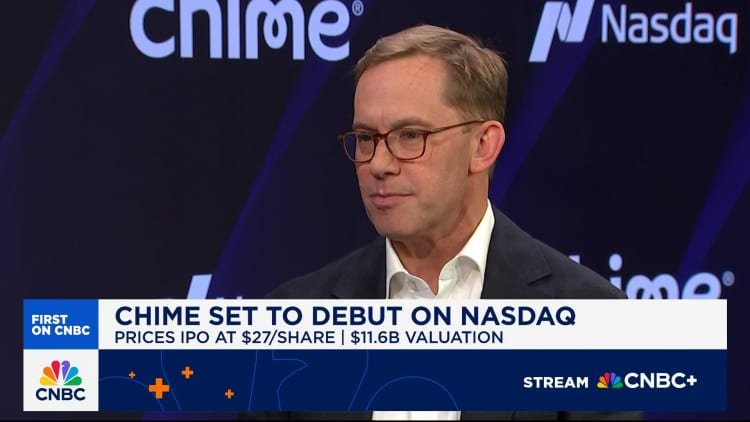NEW YORK/SINGAPORE (Reuters) — The latest trade truce between China and the United States offered investors the hope of an eventual deal that the feuding superpowers can live with, though the possibility of another tariff flare-up remained a risk for markets.
The muted market reaction told its own story, as US and Chinese officials ended two days of talks in London on Tuesday with pledges to revive an agreement struck last month in Geneva, and remove China’s export restrictions on rare earths — a sticking point in that deal.
The guarded welcome from currency and stock investors shows that while the meeting ended in a truce, markets had also hoped for more and the lack of details means uncertainty is likely to remain high.
The main positive takeaway was the talks indicated pragmatism on both sides, analysts said.
“This is positive news to the market. At least now there’s a bottom line that neither side is willing to cross,” said Mark Dong, co-founder of Minority Asset Management in Hong Kong.
Chinese stocks rose to near three-week highs, while U.S. stock futures were a touch lower. The U.S. dollar edged higher and China’s yuan was steady.
“For now, as long as the headlines of talks between the two parties remain constructive, risk assets should remain supported,” said Chris Weston, head of research at Australian broker Pepperstone.
“The devil will be in the details but the lack of reaction suggests this outcome was fully expected.”
Markets plunged after President Donald Trump’s “Liberation Day” tariff announcement on April 2 as investors worried about an impending recession but those fears eased as Trump rolled back most of the punitive tariffs, lifting stocks.
The benchmark S&P 500 index (^GSPC) has risen 6.5% since then and is close to reclaiming a record high. Chinese stocks have underperformed as investors fret over a persistently weak economy but have nonetheless recouped losses to be back at the April 2 level.
The latest plan to re-ink a deal might remove some of the extreme gloom scenarios for markets, but investors would need more concrete steps to fully rejoice.
The broad impact of the sweeping duties in a trade war that could bring $600 billion in two-way trade to a standstill is being felt in both economies. Economists expect the damage from the tit-for-tat duties and volatility in financial markets would be an overhang on the global economy for months.
Phillip Wool, chief research officer and lead portfolio manager at Rayliant Global Advisors, said investors bidding stocks back to record highs were significantly underestimating the damage already caused by such uncertainty this year.
“I’m feeling more cautious and opportunistic than unconditionally bullish at this moment,” he said. “If any major deal is reached, we could see stocks rally in response, but my sense is that’s more emotion at this point, and the euphoria could be short-lived as new risks materialize.”
China’s economy needs the reprieve from tariffs that have hit its exports as the country battles deep deflationary pressures and weak consumption.
Moreover, while the ultimate impact on U.S. inflation and the jobs market from the trade war remains to be seen, tariffs have hammered U.S. business and household confidence.
That has left the dollar under pressure, down over 8% against major rivals this year, as investors worry about the U.S. economy and fiscal health. Trump’s big bill to cut taxes and spend more has exacerbated worries about U.S. debt.
Right now, the challenges facing Trump are aplenty, including a spectacular fallout with the world’s richest person, Elon Musk, a tax bill that is under intense scrutiny and street protests in Los Angeles over his administration’s immigration policy.
That raises the stakes for a successful negotiation with China, and investors aren’t ready to make hard bets on the outcome just yet.
(Reporting by Ankur Banerjee and Rae Wee in Singapore, Wayne Cole in Sydney, Samuel Shen in Shanghai, Saqib Iqbal Ahmed, Laura Matthews and Suzanne McGee in New York; Editing by Vidya Ranganathan and Shri Navaratnam)





